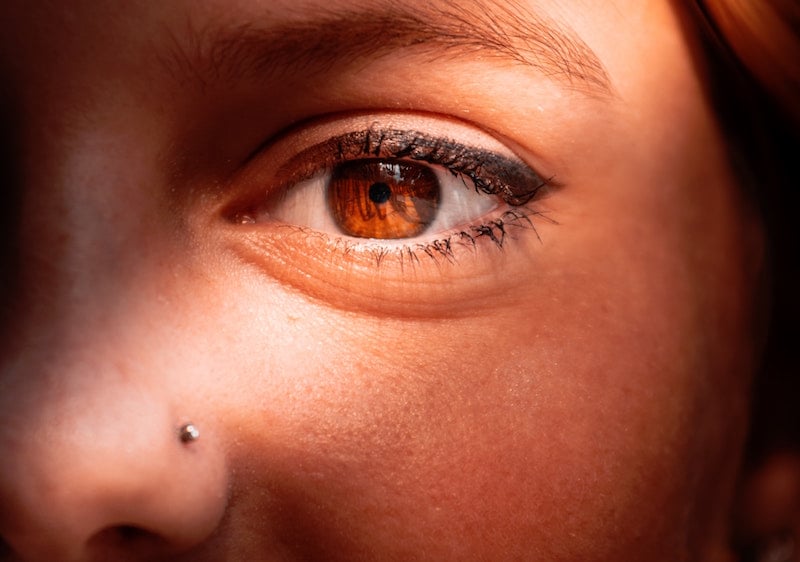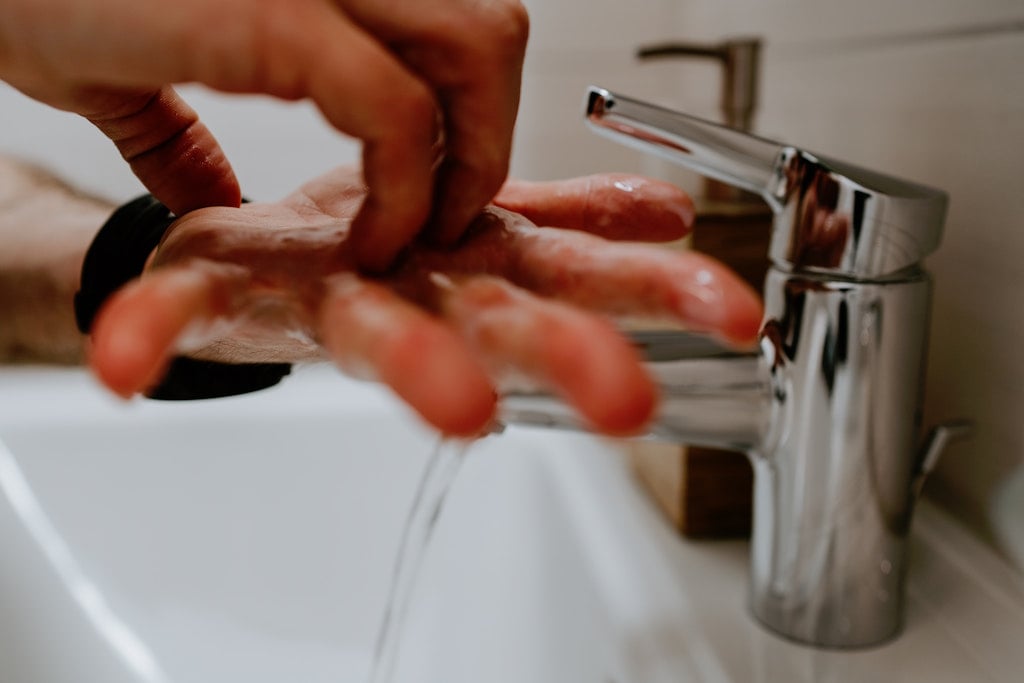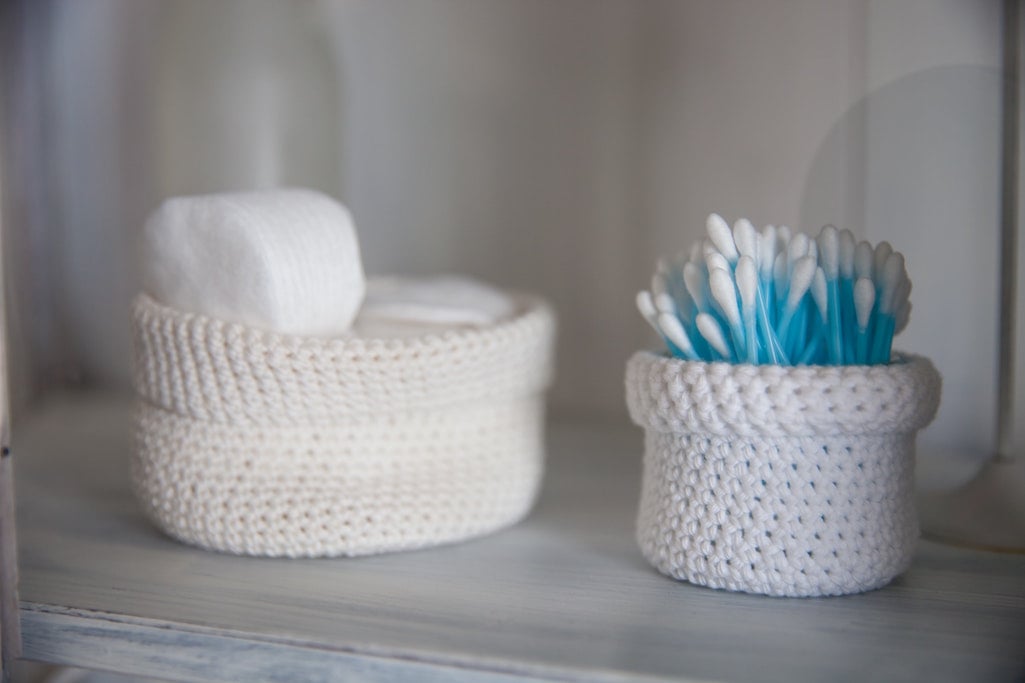
Getting a piercing is a responsibility. While a piercing is a fashion statement, you’re still getting a hole in your body, and like any injury, it needs to be taken care of.
The good news is that complications such as piercing infections are actually quite rare; you have to neglect your piercing pretty badly in order to develop a true infection.
However, poor aftercare practices could still lead to other complications like jewelry rejection and the dreaded piercing bumps.
Luckily, aftercare isn’t difficult. It only requires diligent care and patience. Here’s a quick guide to piercing aftercare and how to keep your new piercings safe during healing.
Just like any open wound, keeping your body piercing clean ensures that your healing process goes smoothly. Two to three times a day, clean your piercing in three easy steps:
1. Wash your hands
2. Carefully soak the piercing with either saline solution or a sea salt bath for 5-10 minutes
(You can mix your sea salt bath at home by dissolving ¼ cup of non-iodized salt in one cup of warm water.)
3. Pat dry with a disposable paper towel

Throughout the day, keep it clean and away from things that might pull or otherwise irritate the piercing. It’s really about simple hygiene; if you keep yourself clean, your piercing will stay clean.
Sleeping can be a little tricky since you want to try to avoid laying on top of your new piercing. Keep your bedding clean, and if you have a new facial or ear piercing, put a clean t-shirt or pillowcase over your pillow every evening. For piercings on the body, such as nipple piercings or belly piercings, wear a tight cotton shirt to protect from snagging. This trick can also help ease any discomfort during healing.
DON’T rotate your jewelry. This was common practice in the past, but it has been found to irritate the piercing site more than help it.
DON’T overclean your piercing. It could irritate the delicate, healing skin.
DON’T use a cloth or towel or any non-disposable rag to dry your piercing. These are dirty and can snag your piercing.

DON’T use makeup, lotion, Vaseline, tea tree oil, or any other non-aftercare product on or around the piercing site. These contain ingredients that could irritate the healing piercing.
DON’T stop aftercare until the entire healing process is over. To confirm that your piercing has fully healed, visit your piercer; the piercing may appear healed on the outside before it has fully healed internally.
DON’T change your jewelry on your own. It will irritate the piercing. It’s common to switch your initial jewelry to a smaller piece once swelling has gone down. When this becomes necessary, have a piercer change it for you.
In the first few days, or even up to a week, after your piercing, you’ll likely see some light bleeding and swelling. This is a part of your body’s natural healing response, and it’s a sign that healing has begun.
However, if you’re bleeding or swelling substantially, it could be a sign of a larger issue. If you’re concerned, visit your piercer to see if it’s normal. If you’re in significant pain or discomfort, visit your doctor.
Piercing aftercare is all about taking care of yourself and your piercing. As long as you’re responsible and follow the rules, there’s no reason why you should see any complications during the healing process.
Leave A Comment